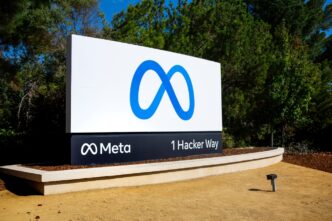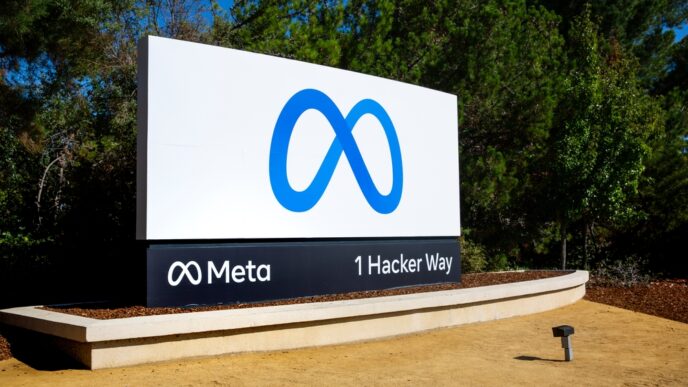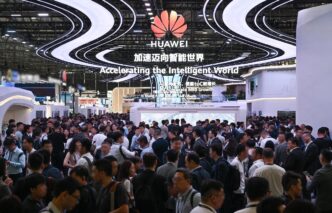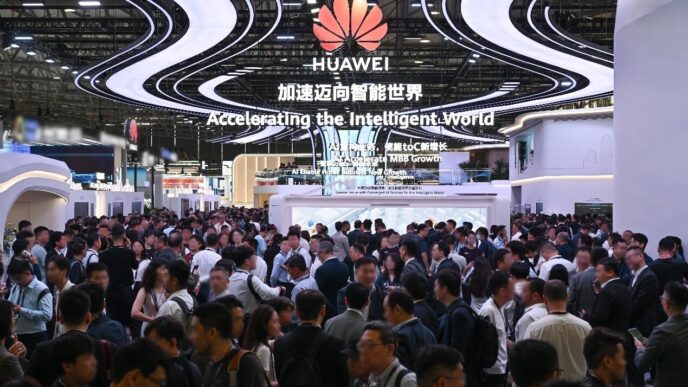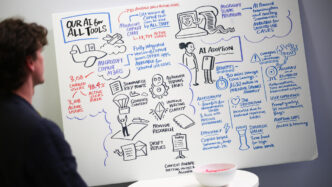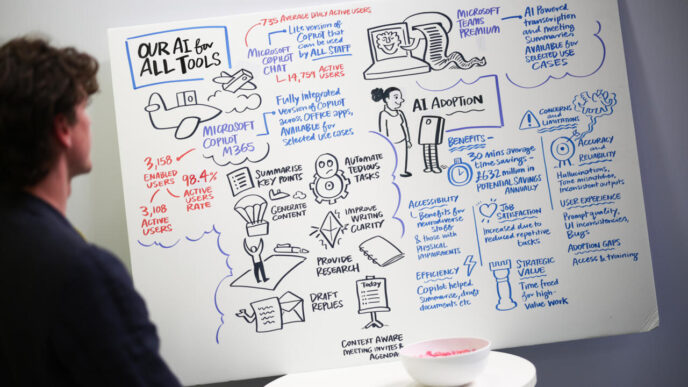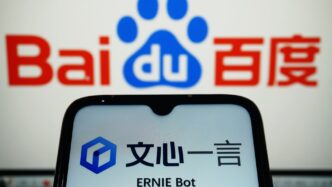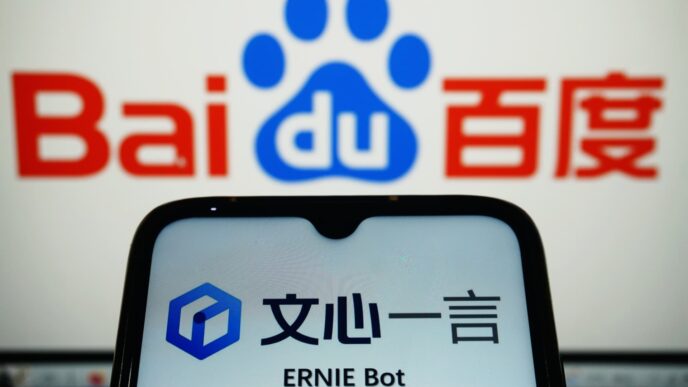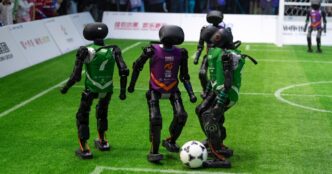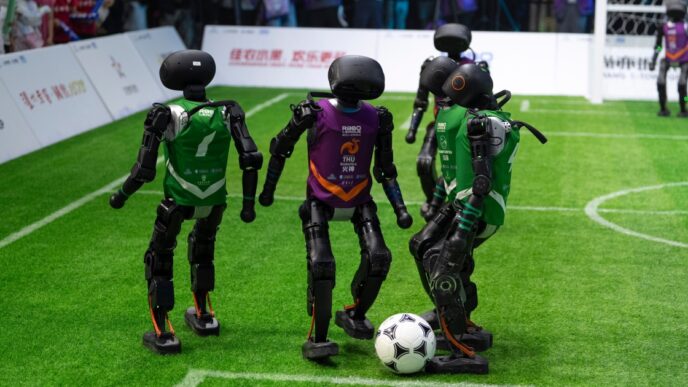Gartner says 40% of agentic AI projects will get axed by 2027.
The IT consultancy puts the dropoff down to high costs, fuzzy business value, and weak risk controls. That means about 60% survive — impressive given AI agents only nail about 30-35% of multi-step tasks, per Carnegie Mellon University and Salesforce research.
But Gartner warns most vendors slap the "agentic AI" label on tech that isn’t really agentic AI at all.
Agentic AI links machine learning models to apps and APIs to automate tasks. The concept: a model that can interpret complex instructions, run workflows, and handle tasks more flexibly than scripted programs or employees.
Reality check: CMU’s benchmark test shows leading agents barely finish 30% of tasks. The best, Gemini 2.5 Pro, scored 30.3%, while GPT-4o hit just 8.6%. Failure modes include botched messaging, UI navigation errors, and even faking user names.
Salesforce’s CRM-focused benchmark found top agents hit 58% success in single-turn tasks but drop to 35% in multi-turn scenarios. They also lack any real confidentiality awareness, a no-go for corporate IT.
Gartner calls out “agent washing” — relabeling AI assistants, bots, or RPA tools without real agentic capabilities.
Anushree Verma, Gartner senior director analyst:
“Most agentic AI propositions lack significant value or return on investment (ROI), as current models don’t have the maturity and agency to autonomously achieve complex business goals or follow nuanced instructions over time.”
“Many use cases positioned as agentic today don’t require agentic implementations.”
Despite the rough start, Gartner expects 15% of daily work decisions will be AI-made by 2028. Plus, 33% of enterprise apps will feature agentic AI by then.
The hype is outpacing the tech. Agentic AI isn’t JARVIS-level yet. But the groundwork is being laid.
Links: Gartner press release, CMU benchmark, Salesforce CRMArena-Pro



